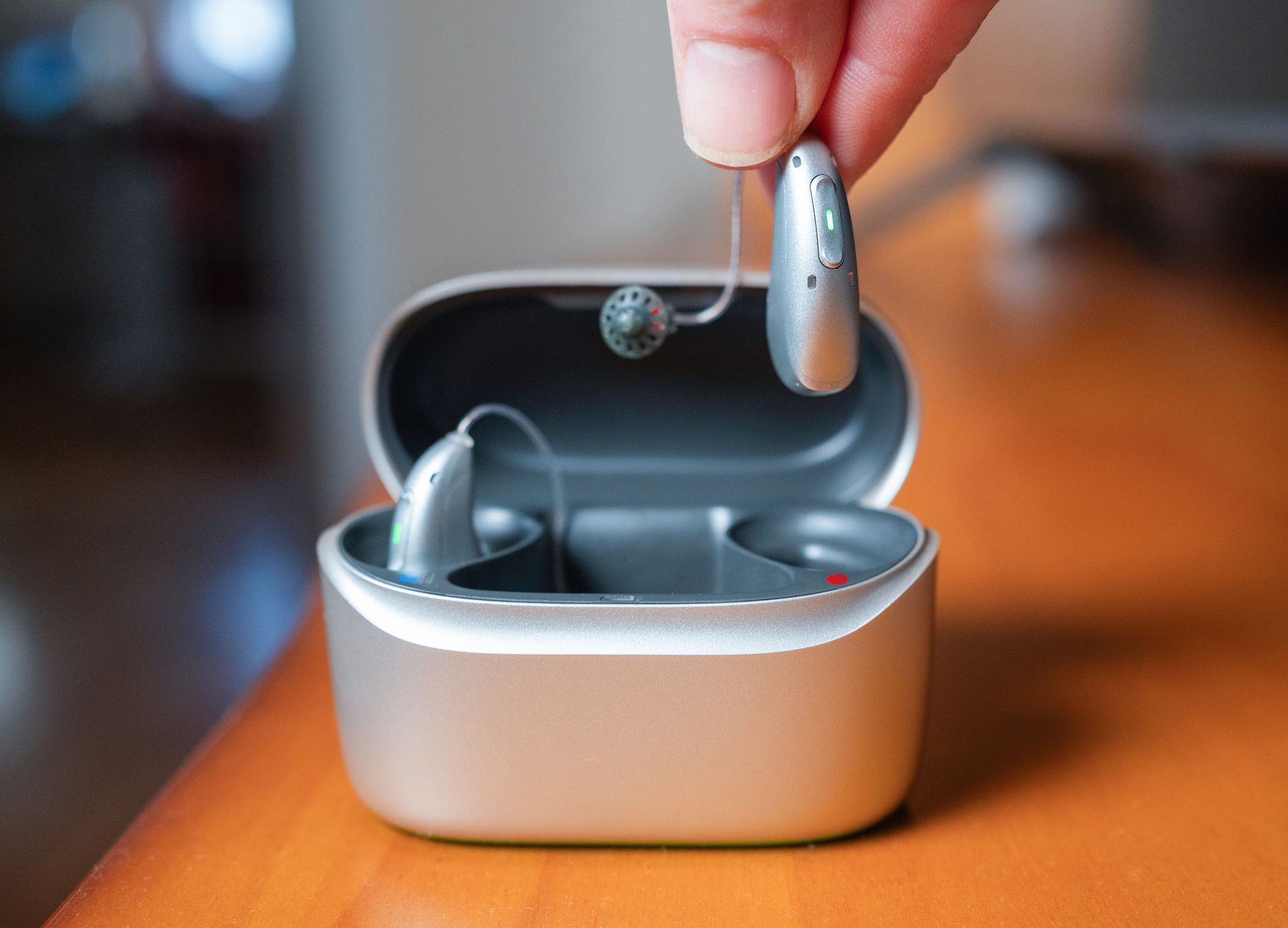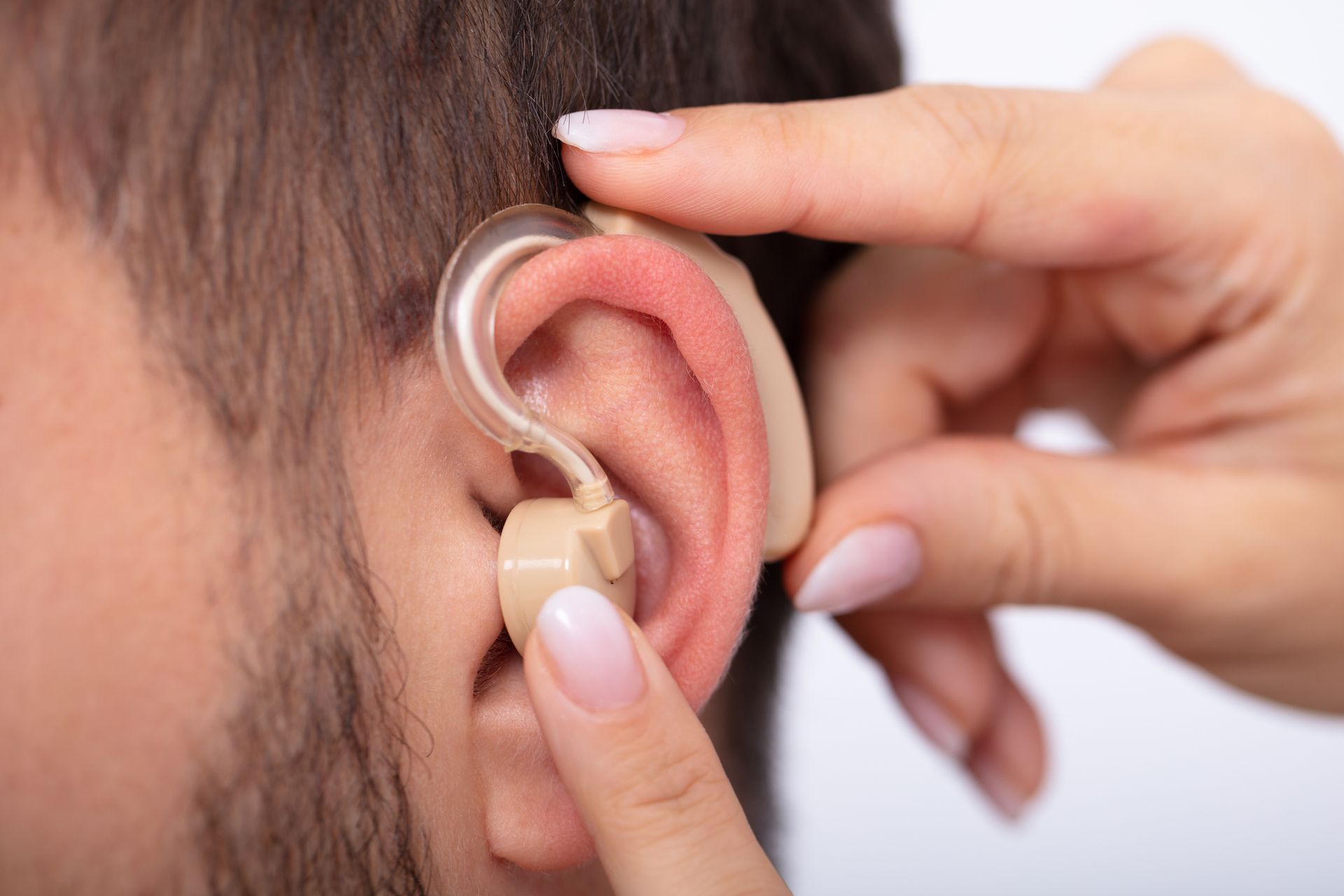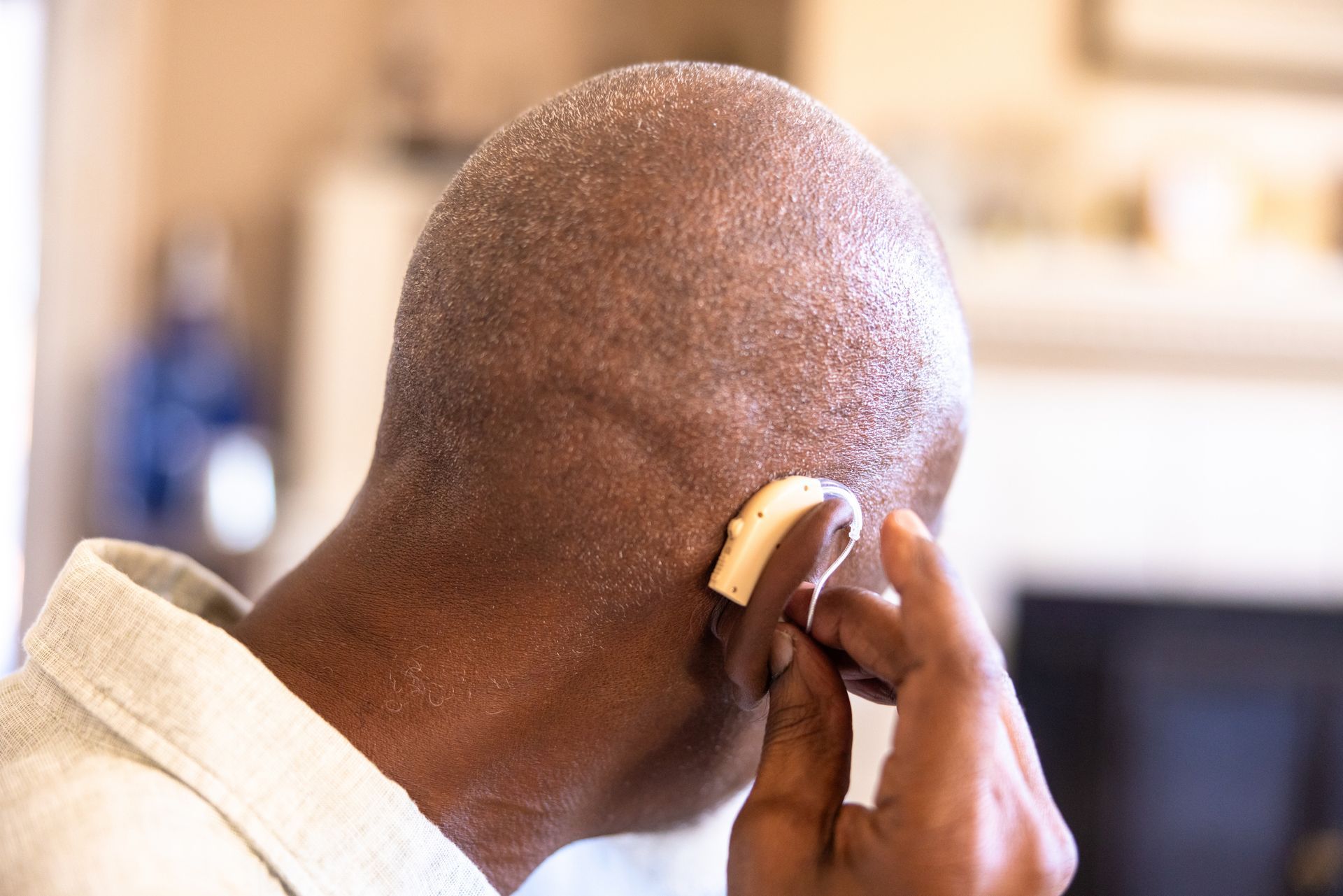Enlarged Adenoids: Causes, Symptoms, and Treatment Options
The throat is a complicated part of the body, consisting of numerous components that help you swallow and breathe. While important, the throat and its various components are not well understood by most people. For example, when most people think about the throat, they think of the actual esophagus or tonsils. However, the adenoids are also imperative components.
Located in the upper part of the throat just behind the nose, the adenoids are patches of tissue that work in conjunction with the tonsils to trap germs that come in through the mouth and the nose. In some cases, the adenoids can become enlarged, which affects breathing and the system's ability to trap germs. Thankfully, help is available if your child has enlarged adenoids.
Causes of Enlarged Adenoids
If your child has enlarged adenoids, you may be wondering why. Unfortunately, the answer is not so simple.
Most children are born with larger adenoids, which will continue to increase in size until they reach the age of 6. After this age, the adenoids will start to decrease in size, eventually disappearing completely by the time your child is about 16 years old.
If your child is fighting off an infection/illness or they are exposed to allergens, the adenoids may become irritated and inflamed, causing them to swell in size.
Symptoms of Enlarged Adenoids
If you look in your child's mouth, you will not be able to see the swollen adenoids. However, your child will experience symptoms if they have enlarged adenoids. Your child may have a chronic runny nose and swollen throat. Many children with enlarged adenoids also have difficulty or discomfort swallowing.
Your child may have a hoarse voice and even tend to breathe more out of their mouth than their nose. This mouth-breathing can also cause your child's mouth to be dry, which leads to bad breath and potential bacterial growth.
Sleep apnea is also a common problem for children with enlarged adenoids. This sleep disorder causes multiple lapses in breathing while your child is asleep. This may affect their quality of sleep, and it can also be life-threatening if not treated. If your child has enlarged adenoids, snores at night, and has daytime fatigue, they most likely have sleep apnea.
Treating Enlarged Adenoids
If your child is not displaying any symptoms because of their enlarged adenoids, treatment may not be necessary. On the other hand, if your child is experiencing illness, discomfort, difficulty, or sleep apnea because of the larger adenoids, schedule a consultation with a specialist today.
An adenoidectomy is the surgical removal of the adenoids. Although surgery is invasive, the adenoidectomy can be an effective option for restoring your child's breathing and health back to a normal state.
In most cases, the adenoidectomy can be performed as an outpatient procedure, so your child can go home within the same day as the surgery. A general anesthetic is used to put your child to sleep for the surgery.
The surgeon won’t make any exterior incisions — once your child is asleep, the surgeon will remove the adenoids through the mouth. The doctor will then cauterize the bases of the adenoids to reduce the risk of bleeding or infections. The procedure may last only 45 minutes.
After the procedure, your child may experience some grogginess from the anesthesia and nasal stuffiness from removing the adenoids. However, they should feel enormous improvement in their ability to breathe, swallow, and sleep.
The adenoids may be small and virtually impossible to see, but they are important. Proper understanding is key for diagnosing and treating your child's enlarged adenoids. For more information, schedule a consultation with our specialistsat Wilmington Ear Nose & Throat Associates, P.A. today.










